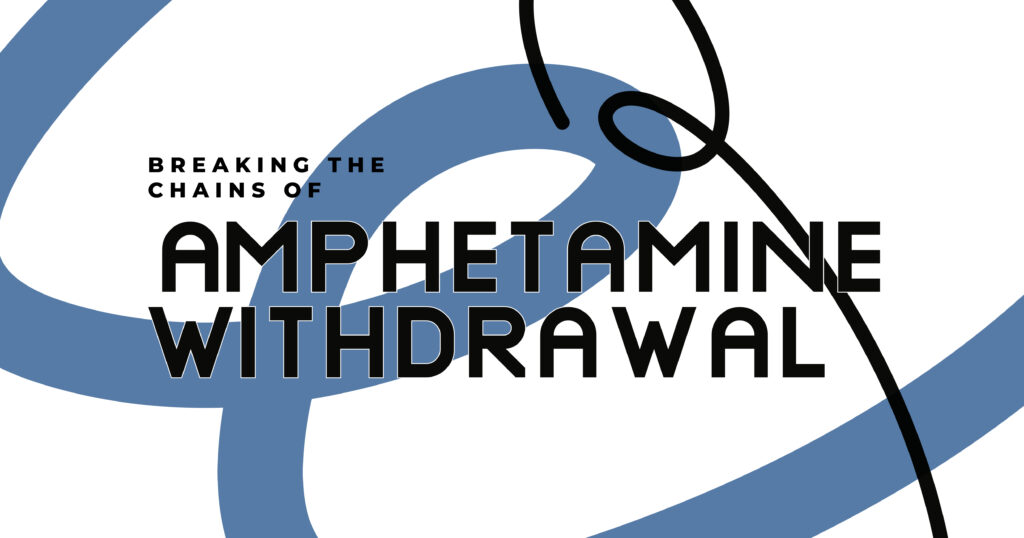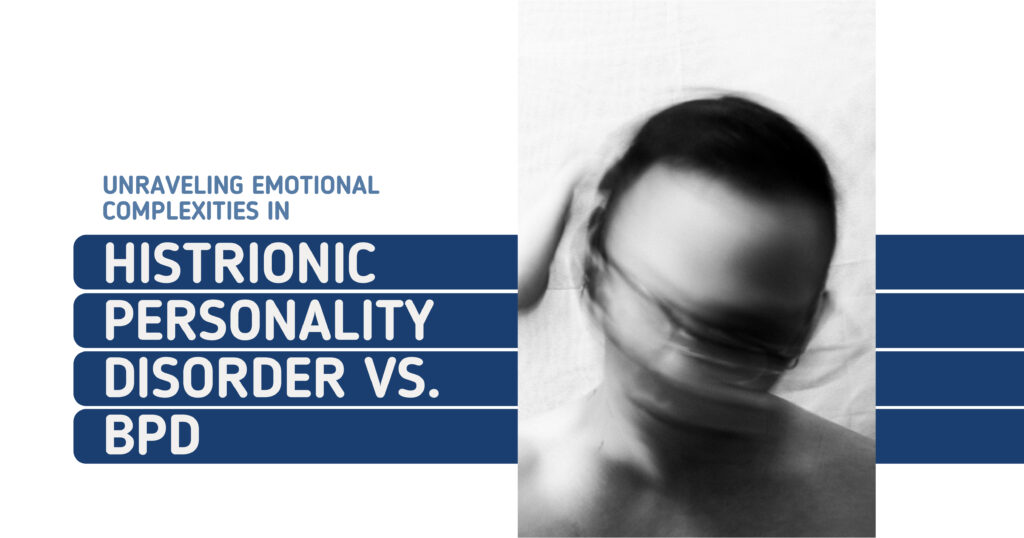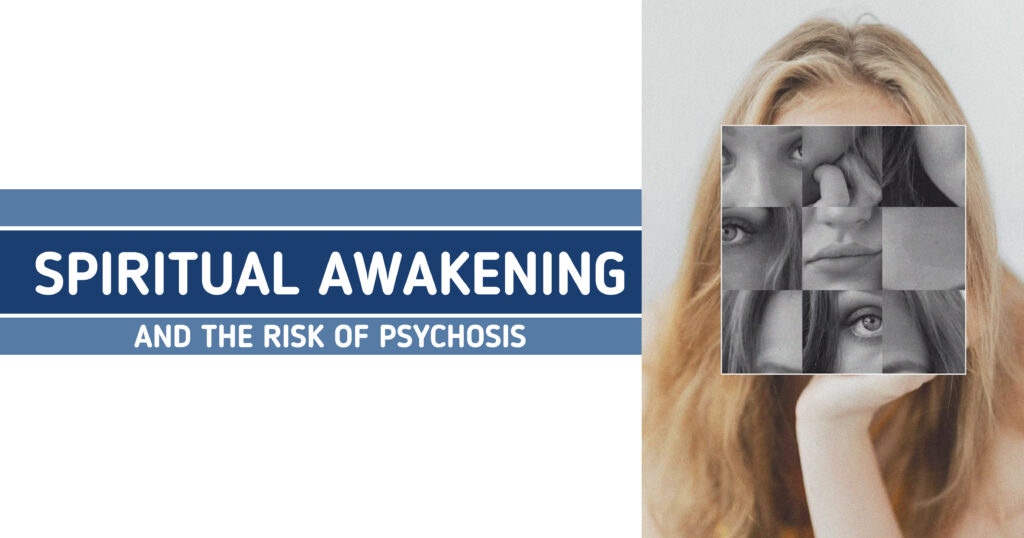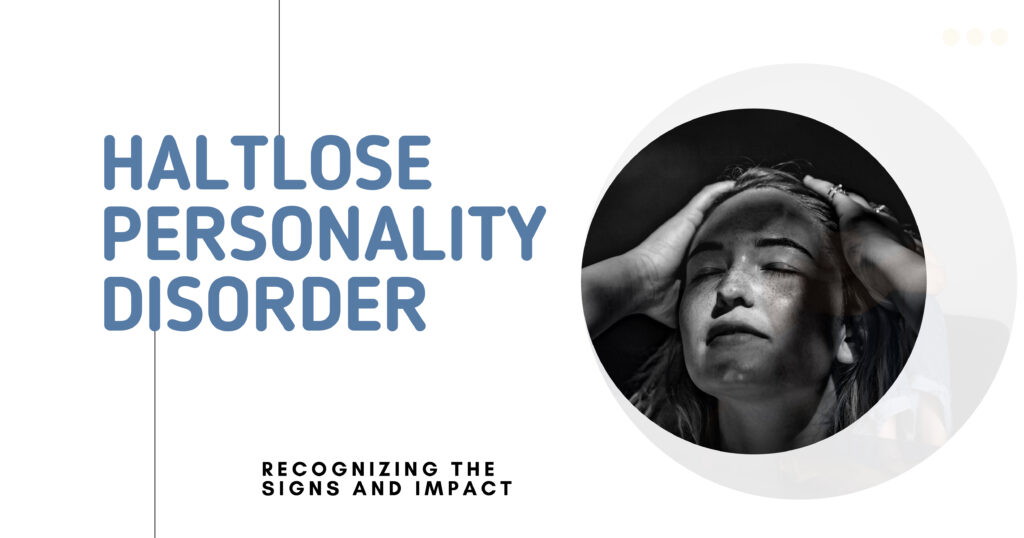Amphetamines, often prescribed for medical conditions like ADHD or used recreationally, can create a powerful physical and psychological dependence. When someone decides or is forced to stop using, they often face the difficult reality of amphetamine withdrawal. This process can be both physically taxing and emotionally overwhelming.
Understanding what happens during withdrawal, recognizing the symptoms, and knowing the best treatment options can be the key to breaking free and starting the journey to recovery. At San Diego Mental Health, we are here to support you through every step of that journey.
Recognizing the Symptoms of Amphetamine Withdrawal
One of the first hurdles in managing amphetamine withdrawal is identifying the symptoms that signal the body and mind’s struggle to regain balance. Withdrawal symptoms can vary in intensity and duration depending on the individual’s history of use, dosage, and overall health.
Common symptoms include profound fatigue, increased appetite, intense cravings, anxiety, depression, and insomnia. Physically, individuals may experience headaches, muscle aches, and excessive sweating. Emotionally, the toll can be just as significant. Feelings of irritability, mood swings, and even suicidal thoughts can emerge during this vulnerable period.
These symptoms disrupt daily life, making maintaining routines, work, or nurturing relationships difficult. Recognizing these signs early is essential to seeking timely help and avoiding relapse.
San Diego Mental Health
The Detox Process: What Happens During Amphetamine Withdrawal
The detox process is the body’s natural way of clearing itself of amphetamines after prolonged use. Detoxification is often the first step toward recovery, but it is also one of the most challenging due to the severity of withdrawal symptoms.
During detox, the brain and body work to rebalance neurotransmitters that were altered by the drug’s presence. This rebalancing can cause both physical and psychological discomfort. The acute withdrawal phase usually lasts from a few days to several weeks, depending on the individual.
Throughout this phase, monitoring and supportive care are crucial. Proper medical attention can help manage symptoms and prevent complications such as dehydration, severe anxiety, or depression. Although detox itself does not treat addiction, it prepares the body and mind for the next phase: treatment and recovery.
Effective Treatment Options for Amphetamine Withdrawal
When addressing amphetamine withdrawal, effective treatment options combine medical supervision with therapeutic interventions. A comprehensive approach improves the likelihood of sustained sobriety and emotional healing.

Medical Supervision and Inpatient Detox
Medical supervision during detox is highly recommended, especially for those with long-term or heavy amphetamine use. Inpatient detox programs offer 24/7 care, ensuring that withdrawal symptoms are closely monitored and managed. Medical staff can administer medications to ease discomfort and address any medical emergencies.
The inpatient setting also removes individuals from environments where drug use is prevalent, reducing the risk of relapse during this fragile period.
Behavioral Therapies for Sustained Recovery
While detox addresses the physical side of withdrawal, behavioral therapies tackle the psychological aspects of addiction. Cognitive Behavioral Therapy (CBT), contingency management, and motivational interviewing have proven effective in helping individuals understand and change addictive behaviors.
These therapies help patients develop coping strategies, improve emotional regulation, and build resilience against triggers that lead to relapse. They often form the backbone of long-term recovery programs.
Managing Anxiety and Depression During Withdrawal
Anxiety and depression are familiar companions of amphetamine withdrawal, often complicating the recovery process. Addressing these mental health challenges is essential to improving the quality of life and supporting healing.
San Diego Mental Health
Pharmacological Support for Mood Stabilization
In many cases, medications can help stabilize mood swings and reduce intense anxiety or depressive episodes. A psychiatrist may prescribe antidepressants, anti-anxiety drugs, or mood stabilizers to help manage these symptoms safely.
Such pharmacological support is often temporary and used in conjunction with therapy to provide a holistic approach to mental health during withdrawal.
Psychotherapy Approaches for Emotional Resilience
Psychotherapy provides a vital platform to explore the root causes of anxiety and depression linked to addiction. Techniques such as Dialectical Behavior Therapy (DBT) and trauma-informed therapy focus on building emotional resilience and addressing underlying trauma.
A strong therapeutic relationship encourages individuals to express feelings openly, learn stress management skills, and build a supportive foundation for recovery.
For more detailed information on these psychotherapy approaches and their benefits, the American Psychological Association offers excellent resources on evidence-based therapies for addiction and mental health.
Addressing Insomnia and Cravings in Recovery
Two of the most persistent challenges during amphetamine withdrawal are insomnia and intense cravings. These symptoms can sabotage recovery efforts if not effectively managed.
Insomnia results from the brain’s disrupted chemical balance and heightened anxiety. Prolonged sleep deprivation negatively impacts mood, cognitive function, and physical health, making relapse more likely.
Cravings, on the other hand, are powerful urges that can feel uncontrollable. They stem from both physiological dependence and psychological triggers such as stress or environmental cues.
Bulleted List: Strategies to Manage Insomnia and Cravings
- Establish a consistent sleep schedule and bedtime routine to signal to the body that it’s time to rest.
- Practice relaxation techniques such as deep breathing, meditation, or gentle yoga before bedtime.
- Avoid caffeine, nicotine, and electronic screens in the hours leading up to sleep.
- Use distraction techniques during cravings, such as engaging in hobbies, exercise, or reaching out for social support.
- Attend support groups to share experiences and gain motivation to resist cravings.
- Consider pharmacological aids that a healthcare professional prescribes to improve sleep quality or reduce cravings.
These strategies can significantly improve comfort and success during withdrawal and early recovery.
Long-Term Recovery Strategies and Support Systems
Overcoming amphetamine withdrawal is just the beginning of a lifelong journey. Long-term recovery involves ongoing effort, support, and commitment.
One of the most important elements is building a strong support system. This includes family, friends, healthcare professionals, and peer groups. Engaging in community support, such as 12-step programs or recovery groups, provides encouragement and accountability.
Developing healthy lifestyle habits also plays a key role. Balanced nutrition, regular exercise, and mindfulness contribute to physical and mental well-being. Additionally, ongoing therapy helps address any underlying issues that may trigger relapse. Below is a table illustrating the key elements of a long-term recovery plan:
| Recovery Element | Description | Benefits |
| Support Networks | Family, friends, support groups | Emotional encouragement, social accountability |
| Therapy | Individual, group, or family therapy | Emotional healing, relapse prevention |
| Healthy Lifestyle | Nutrition, exercise, and sleep hygiene | Physical health, improved mood |
| Stress Management | Mindfulness, meditation, hobbies | Reduces relapse triggers |
| Medication Management | Prescribed medications if needed | Stabilizes mood and reduces cravings |
These strategies foster a balanced life and help maintain sobriety in the face of life’s challenges. For further guidance on building effective recovery support systems and sustaining long-term sobriety, the Substance Abuse and Mental Health Services Administration (SAMHSA) provides a wealth of support tools.
Reclaim Control: Start Healing with San Diego Mental Health
Amphetamine withdrawal can feel like a daunting chain that restricts your freedom and well-being. However, breaking these chains is possible with the right support and treatment. At San Diego Mental Health, we understand the complexities of amphetamine addiction and offer comprehensive care tailored to your unique needs.

Whether you are just beginning the withdrawal process or seeking long-term recovery strategies, our dedicated team is here to guide you with compassion and expertise. Don’t let symptoms like anxiety, cravings, or insomnia control your life.
Reach out today and take the first step toward lasting healing. Visit San Diego Mental Health or contact us for personalized support designed to help you reclaim your life.
San Diego Mental Health
FAQs
- What are common symptoms of amphetamine withdrawal and how can they affect daily life?
Common symptoms include fatigue, depression, anxiety, insomnia, and intense cravings. These symptoms can disrupt sleep, impair concentration, and cause emotional distress, making daily tasks and responsibilities difficult to manage.
- How does the detox process help in managing amphetamine withdrawal symptoms?
Detox helps the body clear amphetamines while managing physical and psychological symptoms under medical supervision. It prepares individuals for further treatment by stabilizing their health safely.
- What are some effective treatments available for overcoming amphetamine withdrawal?
Effective treatments include medically supervised detox, behavioral therapies like CBT, and pharmacological support to address mood symptoms and cravings.
- How can anxiety and depression be managed during amphetamine withdrawal?
Anxiety and depression can be managed through a combination of medications prescribed by healthcare providers and psychotherapies that build emotional resilience.
- What strategies can help address insomnia and cravings during the recovery from amphetamine withdrawal?
Strategies include maintaining good sleep hygiene, practicing relaxation techniques, avoiding stimulants, engaging in support groups, and sometimes using medications to ease symptoms.








